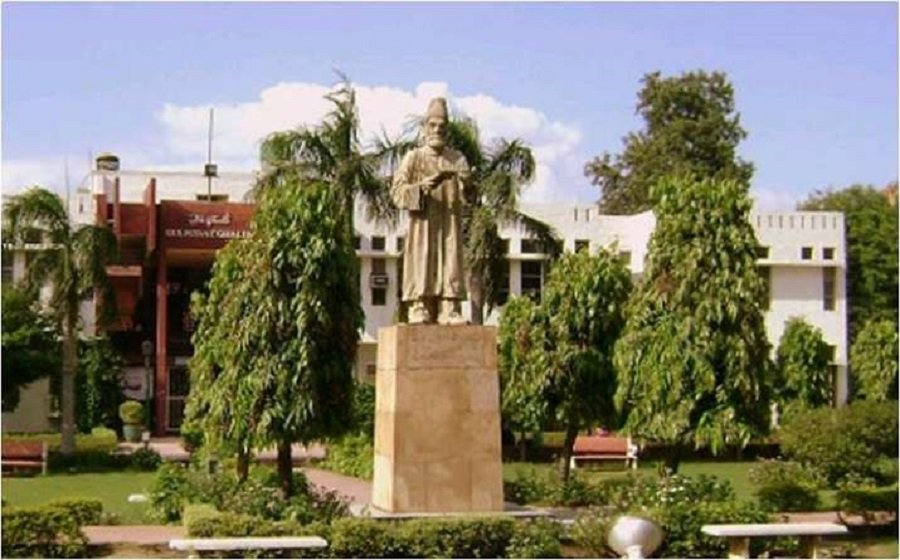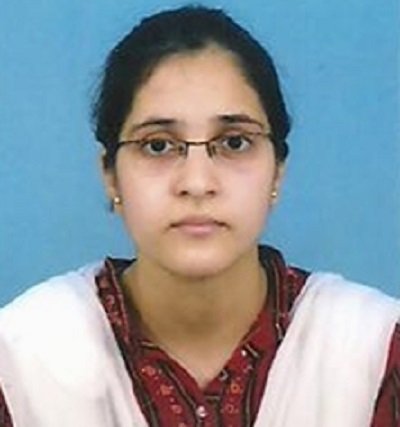
“JMI stands for excellence and strives hard to provide its students every possible support to achieve great heights,” said Vice Chancellor Prof. Najma Akhtar
Mohd Aasif | Clarion India
NEW DELHI — Two students of Jamia MIllia Islamia’s (JMI) Centre for Nanoscience and Nanotechnology, Myra Khan and Abgeena Shabir, have been selected for the coveted Prime Minister Research Fellowship (PMRF).
Dr Aurangzeb Khurram Hafiz, Officiating Director of the centre, told mediapersons on Friday that as part of the PMRF, both researchers would be getting a fellowship of Rs 70,000 for first two years, Rs 75,000 for the 3rd year, Rs.80,000 for the fourth year and Rs.80,000 for the fifth year.
Apart from this, each Fellow would be eligible for a research grant of Rs. 2 lakhs per year (Rs 10 lakhs for five years).

JMI Vice Chancellor Prof. Najma Akhtar congratulated both researchers and hoped that it would inspire other students of the university to do well in research. “JMI stands for excellence and strives hard to provide its students every possible support to achieve great heights,” she added.
Myra Khan’s PhD work will be based on “Multifunctional Hybrid Nanomaterial-based Biosensors for Health Monitoring”. The overall object is to synthesise multifunctional hybrid nanomaterials and further use them for the development of different biological sensing devices.
Functionalisation of active areas of biosensors with multifunctional hybrid nanostructures will not only improve the biosensor device stability, but also enhance selectivity, sensitivity and lower detection limits of the biosensor. Additionally, the aim is to use micro-fabrication techniques to produce highly-sensitive biosensors.

“The development of multifunctional hybrid nanostructure-based biosensors will help to overcome the limitations of sensing performances. Making them disposable and flexible will impact directly on socially and economically crucial areas such as improved detection of clinically important biomolecules for effective response and treatment. An integrated smart sensing device will provide a simple, facile approach capable of selective and simultaneous detection of different biomolecules”, a university statement said.
Abgeena Shabir is pursuing PhD Nanotechnology under the supervision of Prof.S.S. Islam at the centre. Her PhD work will be based on “Fabrication of High Performance Anode Materials For Li-Ion Batteries”. Through her research work, she seeks to synthesise high-specific capacity anode materials using facile and scalable techniques such that high energy demands are met and limitations of conventional batteries are overcome.
Prof. A. Q. Ansari, his team and other staff members of the centre worked hard for this achievement, the release said.

